With summers approaching and the increase in the number of Covid-19 positive cases, the discussions of switching on the AC or not have started to surface.
Considering the mechanics of an air conditioner, people are afraid that the virus might be able enter their house through an AC or a Cooler and get hold of them.
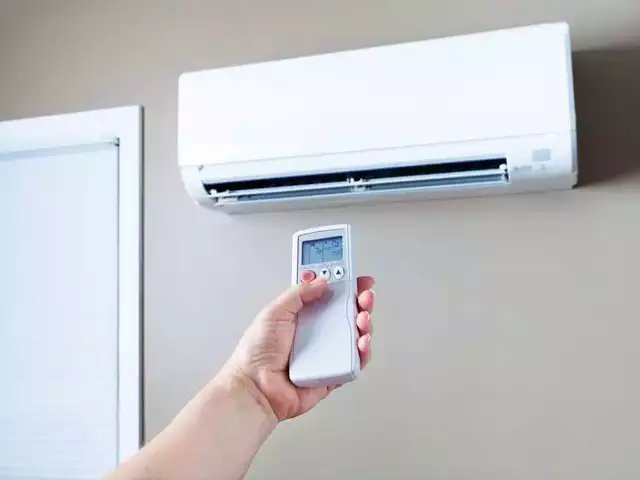
To provide a solution to all these confusions, the center released an 18-page guideline advising what the optimum temperature of air conditioner and coolers should be amid the coronavirus outbreak in the country.
According to the guidelines, the temperature of the home-run air conditioner (AC) should be between 24-30 degrees Celsius. While using ACs at homes, Centre says the humidity should be between 40-70 per cent.
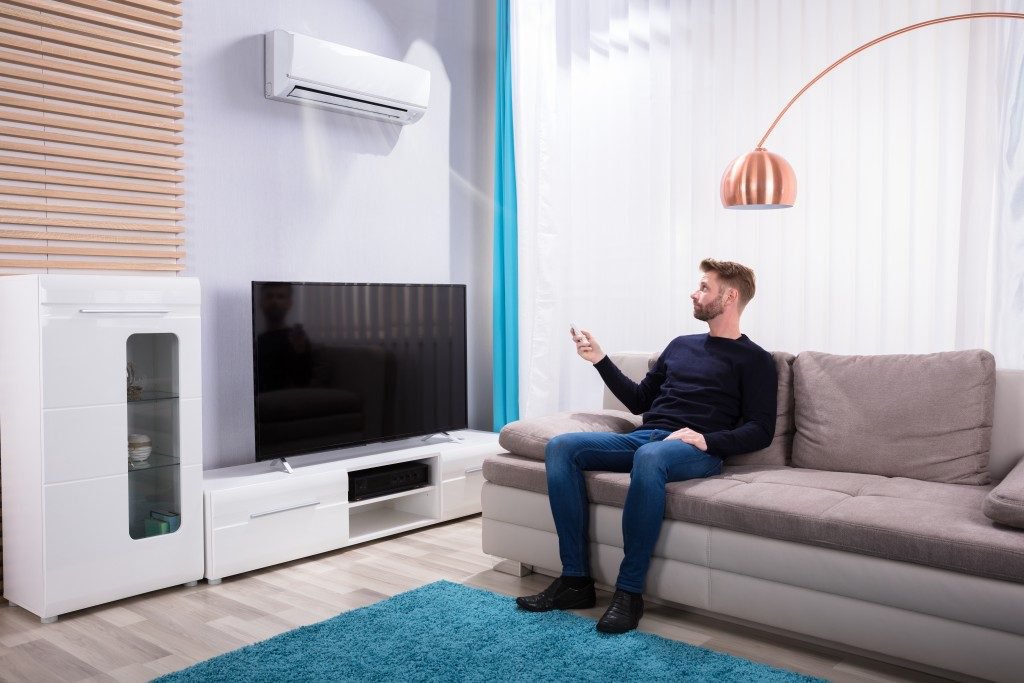
It is also recommended that recirculation of cool air by room air conditioners must be accompanied by outdoor air intake via opening the windows slightly and exhaust by natural exfiltration.
Studies conducted at various RH levels have shown the effect of virus survival at different temperatures.
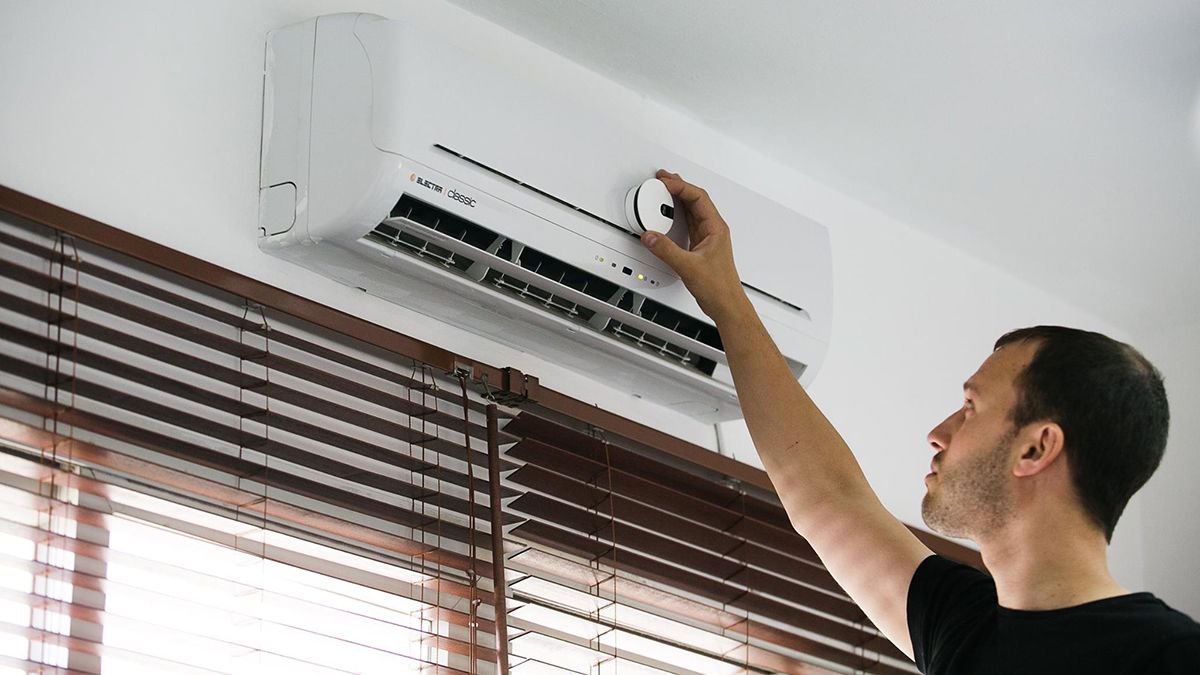
Low temperatures (7–8 degrees Celsius) were optimal for airborne influenza survival, with virus survival decreasing progressively at moderate temperatures (20.5–24 degrees Celsius) and further decreases at higher (greater than 30 degrees Celsius) temperatures.
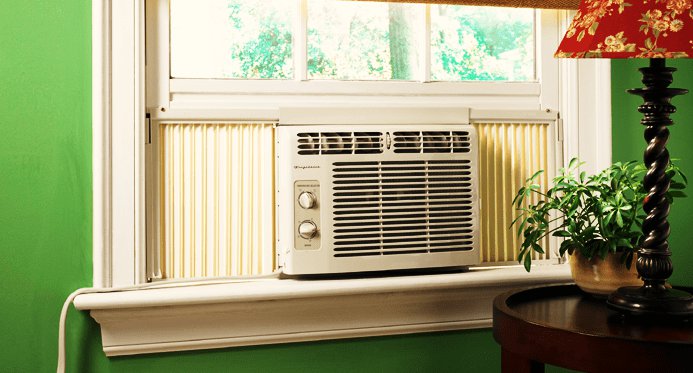
Another study stated that the SARS-CoV-2 can live for 14 days on a surface at 4 degrees Celsius, one day at 37 degrees Celsius and will die in 30 minutes at 56 degrees Celsius.
Humidity is believed to affect the infectivity of the virus through respiration. Too much humidity leads to higher levels of dust mites and fungi, two of the worst culprits for indoor allergy sufferers.
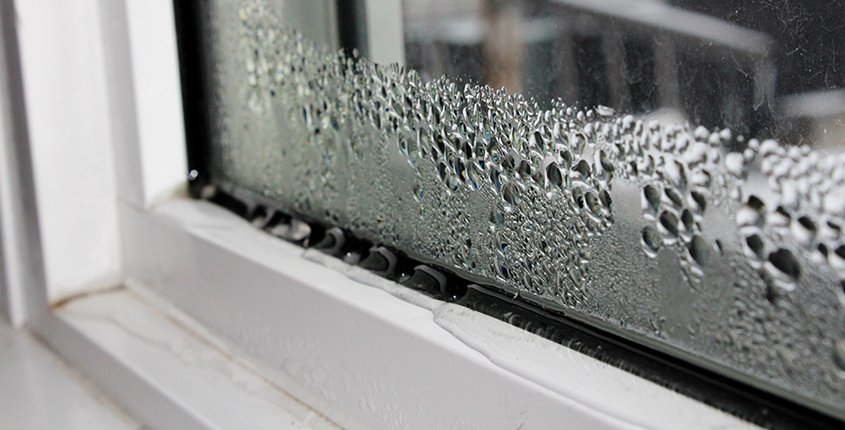
Mould and fungi are known to exacerbate respiratory conditions such as asthma. In a dry environment, or when there is low humidity, it is easier for foreign particles to invade the body. Therefore, relative humidity of at least 40 per cent is considered the threshold.
Rooms should also be kept ventilated even when ACs are not running. As an extra precaution the frequency of service can be increased.
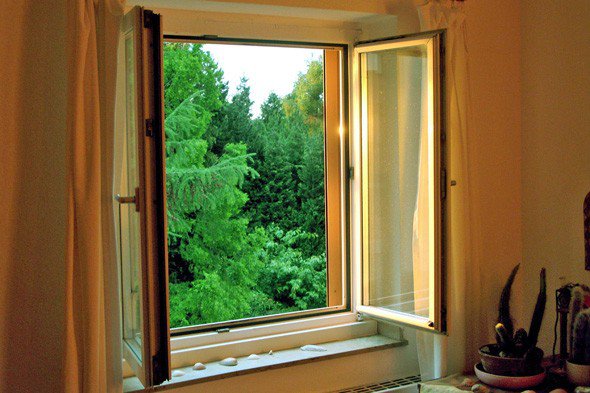
Experts advise avoiding the use of a centralised cooling system present in big establishments like government offices, corporate offices, hospitals, and malls. This is because if one person is tested positive, the chances of that person spreading the virus all over the building are higher as compared to using split AC in homes.

















